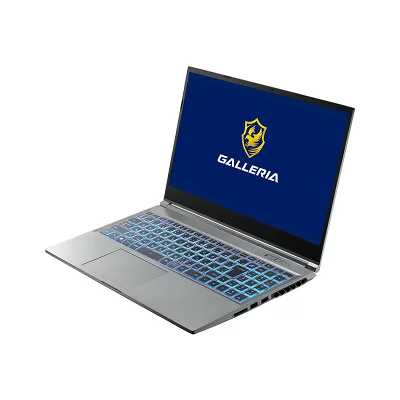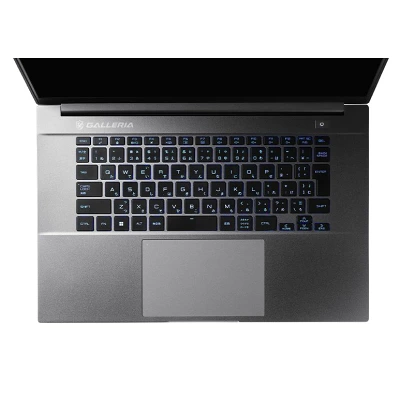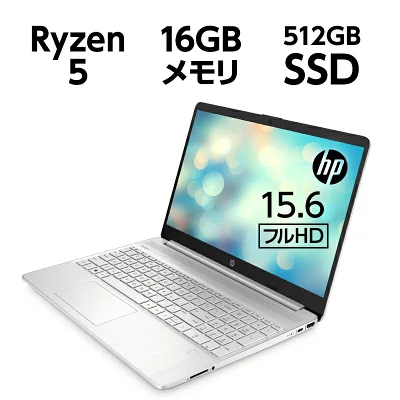Memory is one of the important parts when choosing a PC, whether for work or gaming. This is just my personal opinion, but I feel that a minimum of 8GB or more is required for work and 16GB or more for gaming.
In this article, I would like to explain why you should not buy a PC with 4GB of memory, based on the reasons why you think you need that much memory. If you are thinking of buying a cheap PC with small memory, or if you want to buy a PC for gaming but don't know how much memory you need, please use this as a reference.
What part is memory?
First, let me explain what kind of part memory is. Memory is also known as RAM (random access memory), and is a storage area for temporarily storing data. It is a part that temporarily stores data used by the CPU to perform various processes, which increases processing efficiency. Unlike hard disks, which store data for long periods of time, the key point is that it is temporary.
Insufficient memory capacity can cause instability
If you don't have enough memory, your PC will become unstable. Whether you're using a browser, opening Excel, or playing a game, if you run out of memory, your PC will become unstable. Your PC may stop working for a while, or applications may be forced to close.
This may not be a problem when you are running applications such as a browser one at a time, but when you are running multiple applications such as Excel and Word at the same time, the operation becomes less stable. This can be stressful, and if you are forced to force quit an application, you may not be able to save the work you were doing and may have to redo the same work.
When playing games, the image may stutter, which can be stressful and may prevent you from operating as you want. This may be fine for single-player games, but for online competitive games, the unstable operation can lead to losing, so memory is a very important point when choosing a PC.
8GB or more of RAM (16GB for gaming)
To avoid memory shortages, you should have at least 8GB of memory. When creating documents for work, you may need to use multiple applications at the same time, such as running PowerPoint while looking things up in the browser, or taking notes on your PC while participating in an online meeting.
Some cheap PCs only have 4GB of memory, but I don't recommend 4GB even for work. My gaming laptop has 16GB of memory, but even if I just have a lot of tabs open in my browser, it consumes about 50% of the memory. It's my fault for leaving tabs open to search for something, but even if I reduce the number of tabs, I still need a certain amount of memory. Based on this experience, I believe that a minimum of 8GB of memory is necessary.
If you want to use the PC for gaming as well, you'll need at least 16GB. For PC games, the minimum and recommended specs should be published on the official website of each game, so if there are games you want to play before you buy a PC, check the required specs for the game beforehand and choose your PC.
Check memory usage in Task Manager
If you want to check how much memory your computer is using, right-click the Windows logo in the bottom left of the screen and click Task Manager.
In the Task Manager, you can check not only memory but also the operating status of the CPU, GPU, etc. Checking the memory capacity and usage rate of the PC you are using can be helpful when considering how much memory capacity you need. However, there is no point in checking memory usage when no applications are running, so please check the usage rate when you are using your PC as usual.
Recommended laptops with 16GB or more memory
Even if you are told that you need at least 8GB of memory, some people may not know which one to buy. For such people, we will introduce laptops with 16GB or more of memory. 8GB is fine, but we think it is better to choose one with a larger capacity, so we have deliberately picked out ones with 16GB or more.
HP 15s-eq3000
First, let's look at the HP laptop. It has 16GB of memory, a 512GB SSD, and a Ryzen 5 CPU. It's not a gaming PC, so it may not be suitable for playing games, but these specs should be enough for work or for college students.
The SSD is 512GB, so if you save a lot of videos and music, you might run out of space, but if you do, you can buy an external SSD. It looks silver and is easy to use, and the price is around 100,000 yen, so I think it's relatively affordable.
Purchase HP 15s-eq3000 here →HP Official Store,Rakuten

GALLERIA XL7C-R45
The next one we'll introduce is the Galleria XL7C-R45, a gaming laptop with 16GB of memory, a 500GB SSD, a Core i7 CPU, and an RTX 4050 GPU.
The CPU and GPU performance is better than the HP laptop introduced earlier. Since it is a gaming specification, it is also suitable for playing games. The refresh rate is up to 144Hz, and depending on the game, it is possible to reproduce smooth images of about 120Hz.
The price is around 160,000 yen, which I think is a little out of reach.
Purchase GALLERIA XL7C-R45 here →Amazon,Rakuten

summary
In this article, we explained the memory capacity of PCs. Was it helpful? As PCs have become more powerful since their first appearance, the amount of memory required has increased. Think about how you want to use your PC and how much memory you need.






comment